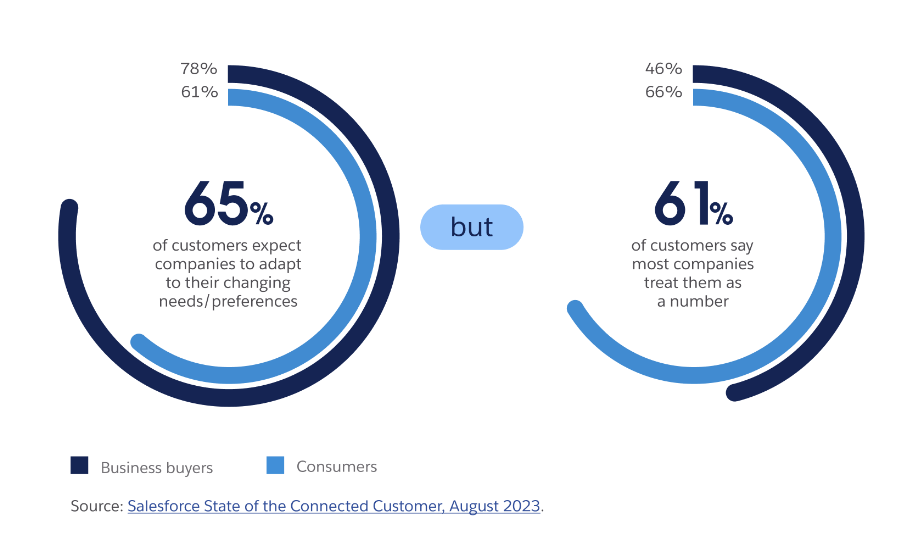Starting a small and medium-sized business (SMB) involves planning, making key financial decisions, and understanding what it takes to succeed. The good news is, that you have the potential to make a big impact if you can learn what it takes to be successful as an SMB.
These tips will help you realize that small businesses make big bucks. But first, let’s be sure to define SMBs and why they are so important to our economy.
What are small and medium-sized businesses?
A business with 1-20 employees is defined as small, while businesses with 21-100 employees are considered medium-sized.
That’s the standard definition for SMB, of course. The term SMB, which stands for “small and medium-sized business,” is a useful one for analysts and researchers tasked with defining the difference between the IT needs of large enterprises and the challenges faced by smaller companies.
The second attribute used to define an SMB is annual revenue: small business is usually defined as organizations with less than $50 million in annual revenue; midsize enterprise is defined as organizations that make more than $50 million, but less than $1 billion in annual revenue.
SMBs collectively have the power to shift entire industries, define new requirements for enterprise software, and essentially change the way all of us work.
Discover strategies used by SMB leaders
Read insights from small businesses worldwide on driving impact with data, CRM, and AI.


Why are SMBs so important?
MBAs and economists will tell you that their power comes from the fact that the economy can only support a limited number of large enterprises, creating a long-tail market for SMBs. That market consists of many small and medium-sized businesses that (in aggregate) carry almost as much market power as the bigger players.
Large enterprises have room for fluff — they swell and slow down if they aren’t careful. SMBs don’t have that luxury, and as a result, they are built for speed. The only way to thrive as a fast-paced organization is to fill your team with people with heart, and then feed their passion for what you do. Which makes the customer their number one priority.
In fact, 65% of customers expect companies to adapt to their changing needs and preferences. But 61% of customers say most companies treat them as a number. As a small or medium-sized business, you have the ability to treat every customer as an individual.

What are the benefits of an SMB?
The global economy relies on small and medium-sized businesses for job creation, economic growth, and innovation. Governments are now recognizing the importance of small and mid-size businesses and are allocating resources and programs to support them.
Small and medium enterprises play a large role in driving competition in both local and global markets. They benefit local economies by creating employment opportunities, generating tax revenue, and contributing to the success of other businesses. Additionally, these businesses make significant contributions to global exports and distribution.
What are the challenges for smaller organizations?
Small and medium businesses do have challenges that can hinder growth and success. One major challenge is keeping up with the increasing preference for digital interactions among customers. Failure to have the right tools for the job can leave these businesses lagging.
Cybersecurity poses a growing threat to small and medium businesses as well. SMBs are particularly vulnerable to ransomware attacks due to inadequate antivirus software. Upgrading to a robust security solution designed for enterprises can safeguard their data, applications, and devices.
Expanding into new markets is another hurdle for SMBs. Limited resources often prevent them from performing thorough market research, making it difficult to make informed decisions. Additionally, disruptions in supply chains can disproportionately impact mid-size businesses, as larger companies have more leverage in negotiations.
SMB = Speed-Maximizing Businesses
B2B brands hoping to sell into the bustling SMB market can shift their understanding of the term to a new acronym that fits their unique profile better. SMBs are not just small and medium-sized businesses — they are speed-maximizing businesses.
Under this new acronym, anyone hoping to land the business of an SMB needs to understand three core tenets of the way they work.
1. SMBs have a need for speed. They need to move quickly, and can’t stomach your request for a six-month deployment. They want you to move fast or get out of the way. If you don’t, they’ll drop you — fast.
2. Motivations vary for SMBs. If they wanted to be pencil-pushers or cogs in a wheel, SMB personnel would have joined large enterprises. Consider what motivates your prospects before you make introductions. When you do, you’ll spark more interesting and highly motivated conversations.
3. Different SMBs are different. Shocking, right? But you’d be surprised by how many sales representatives try to run the same play against vastly different companies. Each SMB is unique, so take the time to learn about your prospect’s business before making sale-stalling assumptions.
Hit the ground running with the right solution for your SMB
See results from day one with Starter Suite — the all-in-one suite of the marketing, sales, service, and commerce tools you need to succeed.



How do you help your SMB grow?
To foster growth, SMBs should focus on investing in capabilities that support growth including improving business automation and administrative tasks. By leveraging technology and collaboration tools, they can drive growth by streamlining operations, reducing costs, and increasing efficiency.
Cloud-based solutions that integrate people, finance, and payroll functions enable SMBs to access real-time data and analysis, which all help informed decision-making.
As small businesses transition into mid-size companies, employee engagement platforms can play a crucial role in enhancing employee satisfaction and retention, contributing to overall growth.
SMBs may be small, but they have big heart and can make a huge impact. With the right tools, people, and strategy, they can help our economy as a whole.











